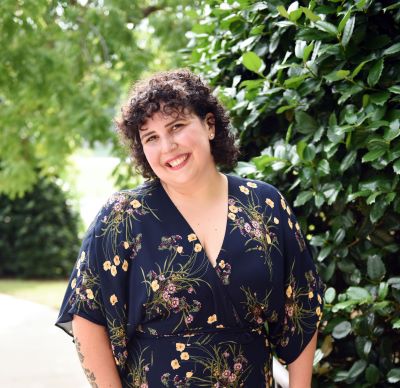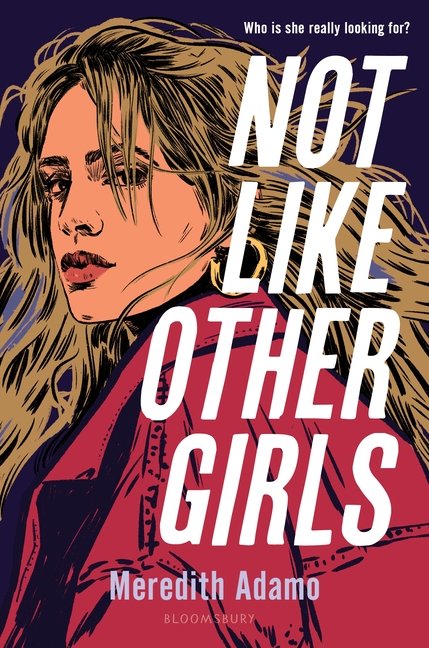The Trouble with “Unlikable”
Jo-Lynn Kirby, the main character of my YA feminist thriller Not Like Other Girls (Bloomsbury, 2024), is an unlikable narrator… or maybe she’s not. It depends on the reader, which is honestly what I hope for as an author: I want readers to engage with the book on their terms and come to their own conclusions. If a reader thinks Jo is unlikable or stressful or funny or loveable, then I think the reader is right.
But as an author, I know it’s still important how I talk about Jo, too. On the surface, Not Like Other Girls is about Jo investigating the disappearance of her ex-best friend, but it’s also about how we internalize the stories people tell about us. How they treat us. The names they call us. Lately I’ve been thinking about the story it tells when I call Jo an unlikable narrator.
From the earliest drafting stages, I had a feeling she’d get this label. After all, I titled the book after a very contentious trope, and Jo wholly embodies it from the first page. She’s the kind of girl who just gets along better with the guys and rolls her eyes at other girls, who talks out of turn too often, who acts like she’s so much cooler than everyone else. I knew Jo thinking she’s not like those other girls might make her hard to like, so in many ways, I felt like I had to warn readers in advance. I’d say, “She’s abrasive at first, but she gets better, I promise!” Even when I submitted this book to literary agents, I referred to Jo as “sometimes unlikable” in the query.
But what is it, really, that makes Jo unlikable? What are the qualities we identify in young women as bad, and why do I sometimes feel like I need to apologize for her?
Yes, Jo is prickly and messy and standoffish, but she’s been burned before. Yes, Jo is angry, but she has a lot to be angry about. Jo is complicated and real in a way that so many people in her life—peers, teachers, even her parents—fail to recognize because they’ve already made up their minds about her.
I worry I might be doing the same thing when I call Jo “unlikable.” So much of Jo’s character arc centers around her learning that “girls like her” have voices that matter, and the language I use when I talk about Not Like Other Girls matters, too. I think there are so many teen readers who will see themselves in Jo. I think, too, that there are readers who need to see themselves reflected in a complex, flawed girl trying to find herself again. It isn’t until Jo sees that she is no less deserving of compassion and grace and empathy than anyone else, despite what people say, that she can really reclaim her own story—and what’s not to like about that?

Hear Meredith Adamo’s Audio Name Pronunciation
Listen to a Meet-the-Author Recording for Not Like Other Girls
Explore Meredith Adamo’s author page on TeachingBooks
Text and images are courtesy of Meredith Adamo and may not be used without express written consent.


Leave a Reply